According to the Xinhua News Agency, it was recently learned from the Next Generation Internet National Engineering Center that the “Snowman Plan†initiated by the Center has completed the installation of 25 IPv6 (Internet Protocol Sixth Edition) root servers in the world, and China has deployed four of them. It broke the plight of China without root servers in the past.
In the morning, “News Tea Fan†has pushed news, but Xiao Bian still couldn't help but excited for a long time. We are finally no longer subject to people, and in the true sense it becomes the owner of the Internet, not the guest!

Root server is what?
What is the root server doing? We visit websites such as Baidu. This is actually a domain name. It corresponds to an IP address such as 61.135.169.125, and we generally do not know the specific address of the website. We need to resolve the domain name we visit. This resolution is equivalent to translation. The root server is responsible for the translation work, pointing the domain name to the IP and returning it to the requesting computer.
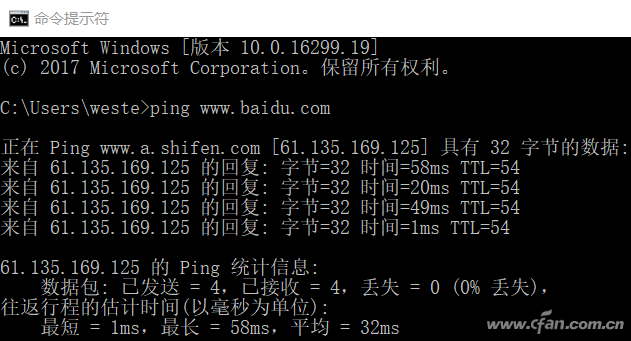
The root server stores many domains such as .com for analysis. Although the root server does not have specific information for each domain name, theoretically each domain name browser must convert the domain name into a request for the corresponding IP address, and finally go through the root server. Boot to access the server where the domain name resides. That is, every time we visit a website, information must be circulated in the United States. (Now there are technologies that do not have to bypass the United States because some cache servers already have backups of the relevant domain names.)
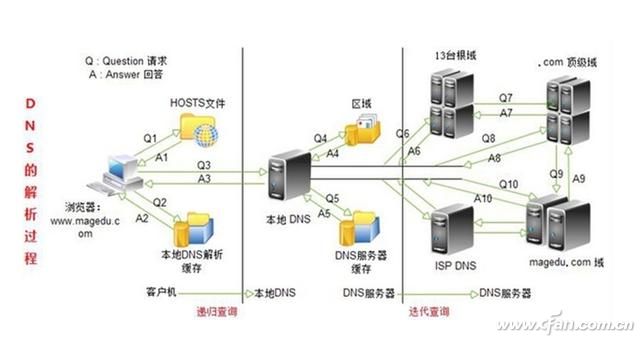
The root server is responsible for the Internet's top domain name resolution and is called the "central nervous system" of the Internet. The United States has used its first-mover advantage to dominate the root server governance system for nearly 30 years. In the past IPv4 (Internet Protocol version 4) system, there were a total of 13 root servers in the world. The only major root was deployed in the United States. The remaining 12 auxiliary roots were 9 in the United States, 2 in Europe, and 1 in Japan—I'm sorry. Our world is actually a guest of the Internet.

And the most deadly thing is that the lack of a root server makes it impossible for countries to resist large-scale "distributed denial of service" attacks. This poses a hidden danger for Internet security. This problem is very tricky.
Why is the "rooted" 4 root server?
This starts with IPv4. Currently, the Internet that is used is based on IPv4. The total length of an IPv4 address is 32 bits. Under the IPv6 protocol, the address length reaches 128 bits. At present, there are only 13 root servers (namely dns domain name servers). Because in UDP packets (DNS translation domain name is based on UDP protocol), the longest byte that he can work on is 512, so the root server can only be limited to 13, Now that IPv6 has grown exponentially, there is no fundamental limit to the 13 root servers.
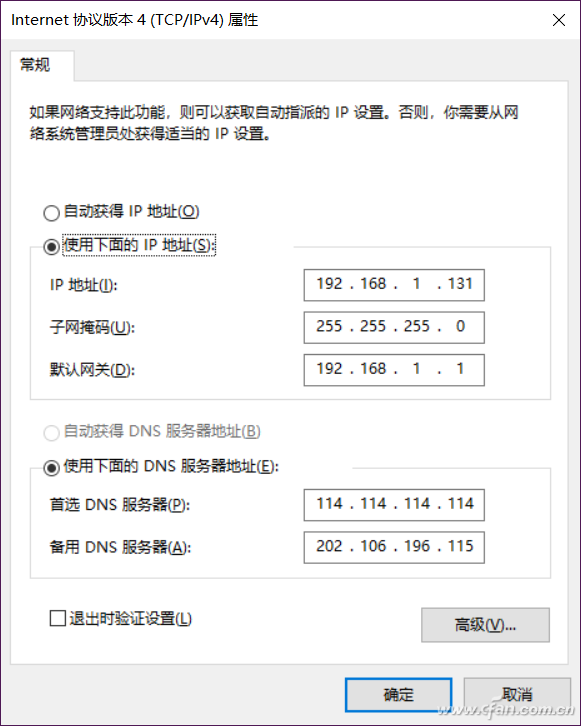

It can be said that now because of the existence of the “Snowman Planâ€, China has won the right to speak for the first time and successfully deployed four IPv6 root servers to the country. It is no longer the guest of the Internet but a common owner—Jane. In other words, the Internet based on IPv4 is actually the United States, and now everyone is discussing it together.
How important is IPv6?
Just mentioned that the total length of IPv4 addresses is 32 bits, which means that there are only 4.29 billion addresses at most. With the rapid increase in the number of Internet users, more and more devices are connected to the Internet, and IPv4 has exhausted the entire number of addresses. The length of IPv6 reached 128, a total increase of 340 trillion IP addresses, even if everyone on the planet has dozens of networked devices, the allocation is more than enough.
And do you think it has nothing to do with it? You guys, in fact, many of your Internet bandwidth has been allocated to the public network IP! It is because the IPv4 address is exhausted that only the intranet IP access can be allocated (especially the IPv4 resources allocated in China are limited). Some people may say, what impact does this have on me? The trouble can be great.
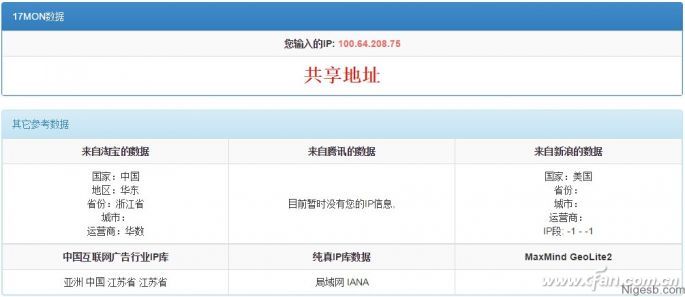
First, many networked devices cannot be used normally. For example, smart cameras that are remotely monitored, many broadband IP addresses allocated on the intranet cannot be used normally, and secondly, game connectivity is weak. When you go online, you must continue to pass through the intranet to pass through the layers. Generally, you cannot allocate the broadband of the public IP. When you play the game, NAT forwards only to the third layer. It is better to use NAT2 for the game connection. This makes a lot of connections. When the player is online, he finds himself in an island, and he cannot find anyone else. Others cannot find himself.
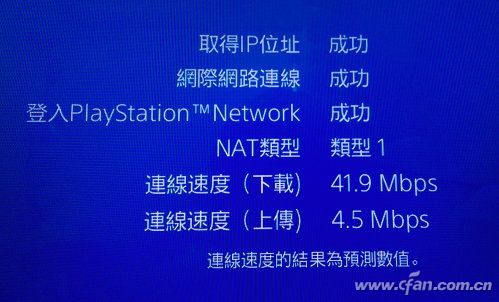
In addition, the most basic requirement for the Internet of Things advocated now is that each device can be networked. This is the premise of intelligence, such as home appliances, smart cars, mechanical equipment, etc., without an IP address, how to achieve networking? In China alone, in the era of the Internet of Things, there will be 50 billion pieces of smart devices connected, and the amount of data generated will greatly exceed the current Internet carrying capacity. Obviously, this urgently requires the realization of a new generation of Internet based on IPv6.
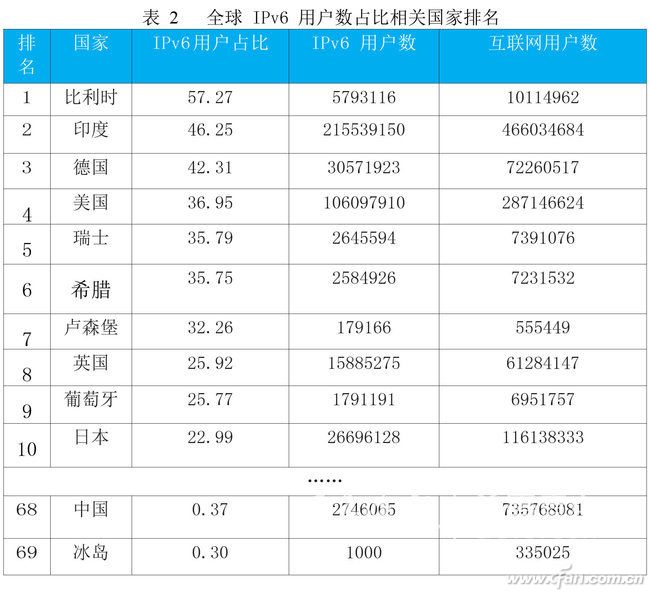
Artificial intelligence, big data, cloud computing, and the Internet of Things are all closely related to our future lives. However, the infrastructure for all this is IPv6 (Internet Protocol version 6)! With it, we can build the next era of our imagination. Similarly, to achieve this, we must become co-constructors, not mere users. This is also why China has spared no effort to promote the "Snowman Plan" and "to be rich, to build roads first", and so is the Internet!

Insulated Power Cable,Bimetallic Crimp Lugs Cable,Pvc Copper Cable,Cable With Copper Tube Terminal
Taixing Longyi Terminals Co.,Ltd. , https://www.longyicopperlugs.com